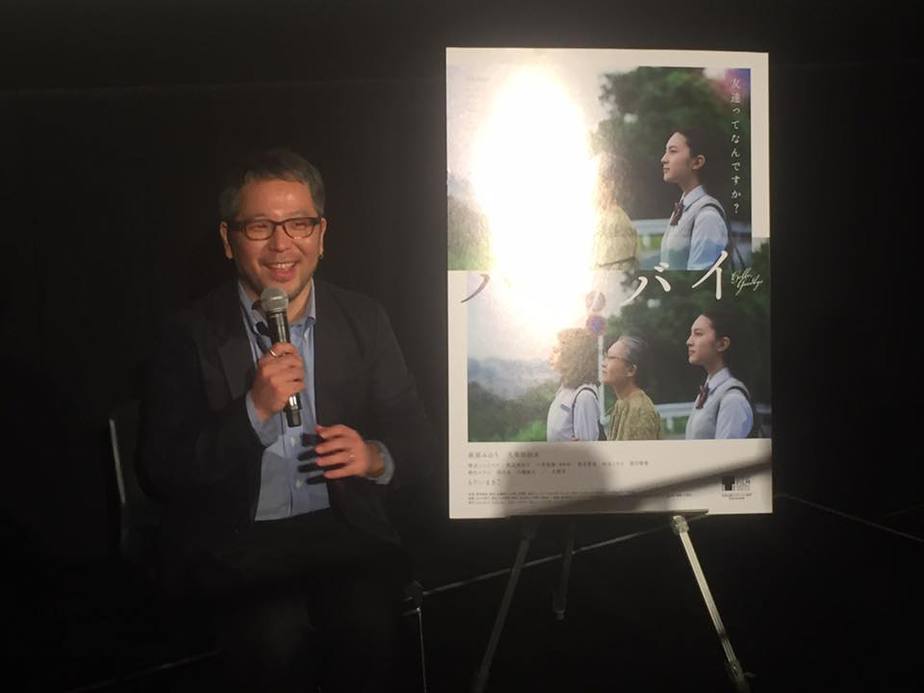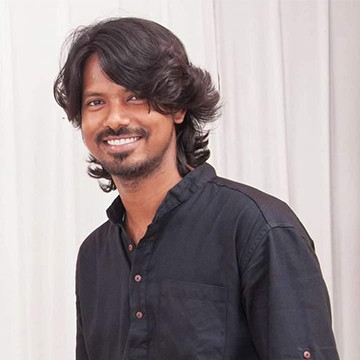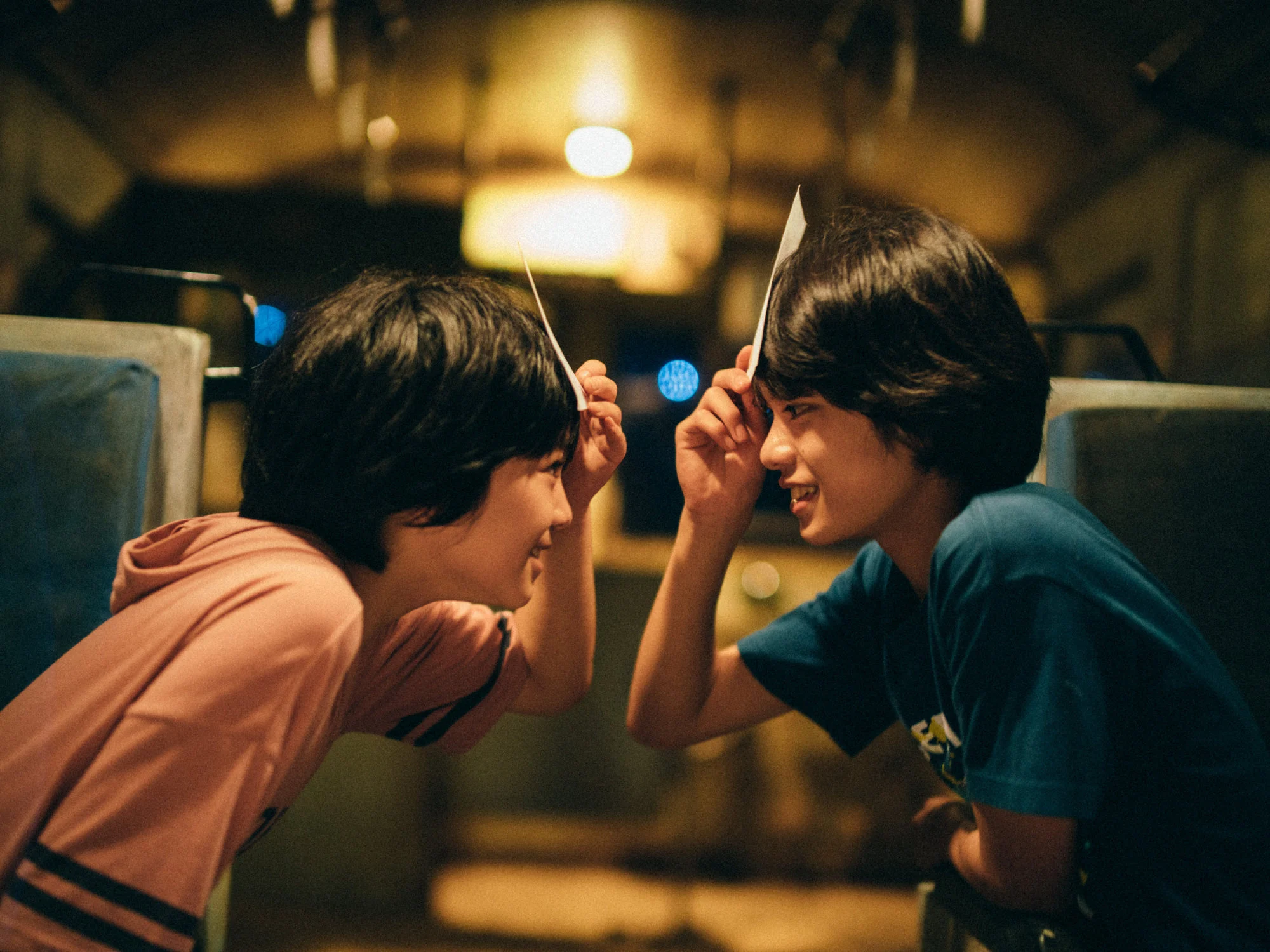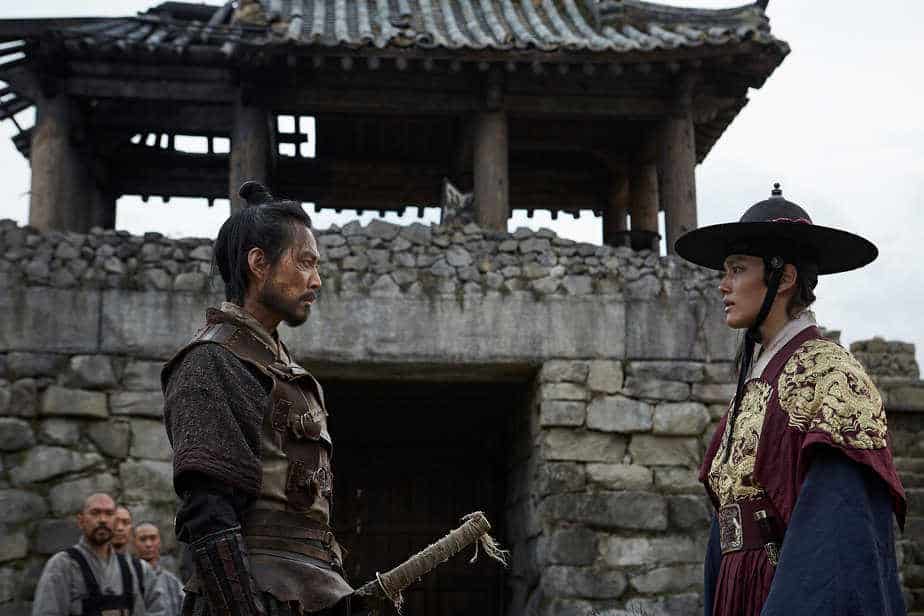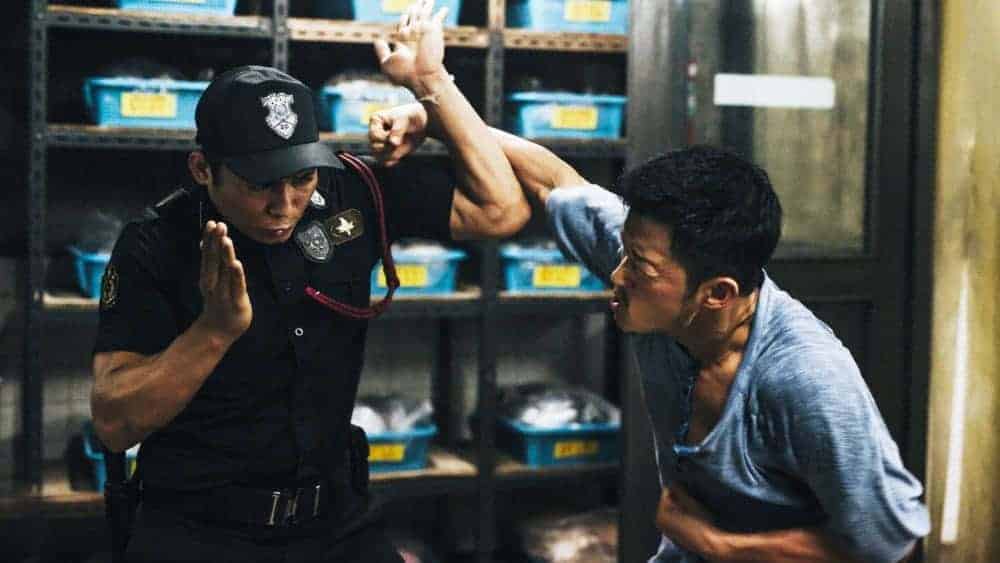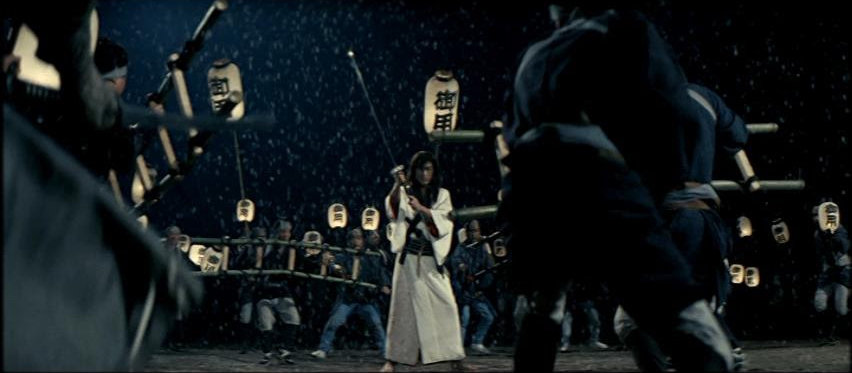Takeo Kikuchi joined the Film School of Tokyo after graduating from Meiji Univeristy. While there, he met Takahisa Zeze, and started working as assistant director for him. Since then, he worked on more films in that capacity, with directors like Kiyoshi Kurosawa and Yang Yong-hi, among many others. In 2015 he shot his first film, “Dear Deer” which was screened in festivals all over the world and won the Nippon Visions Jury Award in Frankfurt. His second film, “Hello, Goodbye” was completed in 2016.
We speak with him about his career, his many collaborations, his films, the Japanese movie industry, and man more topics.
“Hello, Goodbye” screened at Japan Film Fest
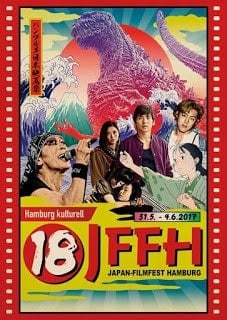
Can you tell us a bit about how you ended up working in the film industry?
After graduating from university, I went to THE FILM SCHOOL OF TOKYO. There, I met Mr. Takahisa Zeze who invited me to work with him as an assistant director. At that time, I was involved in making an independent film. That film, along with my graduation work, could have been a success that may have led me to choose the path of becoming an industrial director right away. However, since Mr. Zeze told me that I should become a director after working as an assistant director, I decided to follow his advice. Since then, I've worked on more than 50 films for over a decade and in 2015, made my debut as a director with my film “Dear Deer.”
As an assistant director, you have worked with filmmakers like Kiyoshi Kurosawa, Takahisa Zeze and Yang Yong-hi. Can you tell us about these experiences and how working with them has influenced your work?
In addition to the three directors you've mentioned, I've worked with many other ones, perhaps around 40 directors in my career. What I've learned the most from these experiences is that while it's possible to imitate their directorial techniques in certain ways, it's never possible to completely copy them. Every director has his/her directional method that is unique to him/her.
With that being said, from my mentor Mr. Takahisa Zeze, whom I've worked with the most, I've learned the basic social etiquette and manners, not only as a filmmaker but also as a member of society. Also, he taught me not to be selective in my work and to work on both major and independent films. From Mr. Kiyoshi Kurosawa, I learned how to grasp the structure of dramaturgy and understand the effects boldness and humor have on films. From Ms. Yang Yong-hi, I learned the importance of universal family values that transcend nationalities and borders.

Your debut film, “Dear Deer” screened in some festivalsthe outside Japan and even won the Nippon Visions Jury Award. Can you tell us a bit about the film and its success? How did you manage to cast Rinko Kikuchi and Shota Sometani in it?
“Dear Deer” is my debut industrial feature film so I wanted to choose a theme that I always had in mind and was interested in. However, I wanted to make an ‘entertainment film' without making it too personal. I put everything I had in me into the film. I met wonderful cast and staff members through my career and the fact that they were willing to be a part of this film is what I believe contributed the most to “Dear Deer”'s success.
It was certainly an honor that we won the Nippon Visions Jury Award in Frankfurt. However, I believe the biggest achievement of this film is the fact that so many people, including people in the film industry, went to see the movie and loved it, making it possible for my name to be known in the film industry. Moreover, the film gave me the opportunity to continue shooting and landed me my second movie, “Hello Goodbye” along with a number of other projects currently in progress.
Mr. Shota Sometani and Ms. Rinko Kikuchi are my dearest friends outside of work. Luckily, they offered to be a part of my debut film.
Your latest film, “Hello Goodbye” deals with senile dementia and loneliness, particularly among teenagers, two topics that seem to trouble Japanese society to a very large degree. Why is that, and why did you choose these subjects?
The first film “Dear Deer” dealt with a problem experienced by someone in my generation, so I wanted to challenge myself by selecting a completely different topic for my next film. Although I knew it would be difficult for me to fully understand the issues being experienced by someone in a different age group, let alone someone of an opposite sex, I realized that by categorizing it as a common problem that affects the modern Japanese society, it could be made into a film. By comparing and contrasting the generations of the main character (a high school student), a lady with senile dementia and her middle-aged daughter, I was certain I could create an emotional drama that the audience may empathize with.
The film depicts life in high school being cruel, particularly through gossip and the concept of the “cool kids”. Is that a regular situation in Japanese schools?
Unfortunately, so-called “school caste” system does exist in real Japanese high school life. I think it's pretty common. We spent a lot of time researching the daily lives of real high school students before shooting the film and as a result, I believe we were able to portray a high school life that is very realistic. Moreover, having real-life high school students such as Ms. Minori Hagiwara and Ms. Sayu Kubota play the characters added a realistic and natural touch to the film.
Etsuko, the senile woman in the film is actually abandoned by her children, and there does not seem to be any kind of social care for her. Is that a usual phenomenon?
Japan is facing an aging society, rapid depopulation in the rural areas and a trend towards nuclear families. Etsuko's case is very common and it's not unusual to see on the daily news murders and suicides committed by children and spouses of the elderly involving nursing care.

Minori Hagiwara, Sayu Kubota and Masako Motai are great in their parts. What was the casting process like for the movie? In general, what do you search for in the actors you cast?
The common casting process in Japan is as follows: First, the producer decides the hero/heroine (there are often cases where they've already been decided before the director has been chosen). Then, taking into consideration the balance of the casting, shooting schedule and the budget, casting is made starting from the bigger/important roles. In Japan, the box office revenue is often influenced by the popularity of the starring actor. Also, since the production companies have a lot of power in Japan, there are cases where casting does not go the way we'd want it to.
The most important thing I look for in casting is whether the actor matches the film or not. Of course, it's important for the starring actors to be very popular so that they may bring his/her fans to see the film and make it a success. However, I don't want to cast someone who does not fit the role of the character. Another important and essential quality is the actor's personality. I carefully search for actors who I can spend both good and bad times with, to accomplish such a creative work together.
The style of the Japanese indie (relatively slow pace, not so much dialogue, lack of music, focus on realism and attention to detail) seems to be implemented quite widely in the country. Why is that, and why did you choose this style?
I don't believe all Japanese independent films are of that style. Personally, I don't like styles that are too explanatory and over-emotional. The fact that I like classic films has affected my style, I believe. When you trace back the history of cinema, it begins with silent films and films by the Lumière brothers where the picture said it all. That is why I now produce and think of ways of how I can use pictures and sounds to convey information that may stimulate and inspire the imagination of the audience. On the other hand, the budget of Japanese films is surprisingly low, so the reality is that we need to come up with ideas under limited circumstances. I do hope that one of these days, I can create a film with a very large budget that is fast-paced, unrealistic, and filled with music.
What is your opinion of the Japanese film industry?
Besides a few blockbusters with stories based on anime and girl's comic books, I believe the Japanese film industry is in a tough situation, especially for artistic works such as independent films. The main problem is that the industry has become polarized between “big budget films” and “low budget films.” Furthermore, there needs to be a discussion on political support from the country and autonomous communities. These are issues that are hindering young people from entering the film industry, which is causing labor shortage in the field. Even though the number of films being created is increasing, there is a constant shortage of workers. I also feel the urgent need for a review of the distribution system in the film industry, due to loss of movie-goers at the theaters in the suburban cities.

Who has influenced you the most as a filmmaker? Which are your favourite movies?
It's definitely my great mentor, Mr. Takahisa Zeze. He has affected me in many ways, including how to establish a relationship with my cast and crew members, how to create films in modern Japan, and even how to lead my daily life. I have learned the technical and directional methods from Mr. Kiyoshi Kurosawa, including how to specifically “move” the characters, make the storyboard, and how to manage the light and the wind. Serving as the assistant director to them were the defining moments in my career.
I love so many films by Orson Welles, Howard Hawks, Mikio Naruse, Yuzo Kawashima, Leos Carax, Edward Yang, Paul Thomas Anderson, Wes Anderson and so on. When you come right down to it, “The Silence of the Lambs” by Jonathan Demme is my favorite film of all time. The experience of watching this film when I was in junior high is what I believe that decided which path for me to go down as a filmmaker.
What projects are you working on at the moment?
I am currently working on the post-production for my third film, which is based on a novel. The story is about people suffering from a past memento, and is set in the Seto Inland Sea. I am also working on the pre-production for my fourth work which is an exclusive online drama based on a girl's comic. It depicts the friendship and love of four women in their mid-twenties and is set in the exciting urban life in Tokyo.


